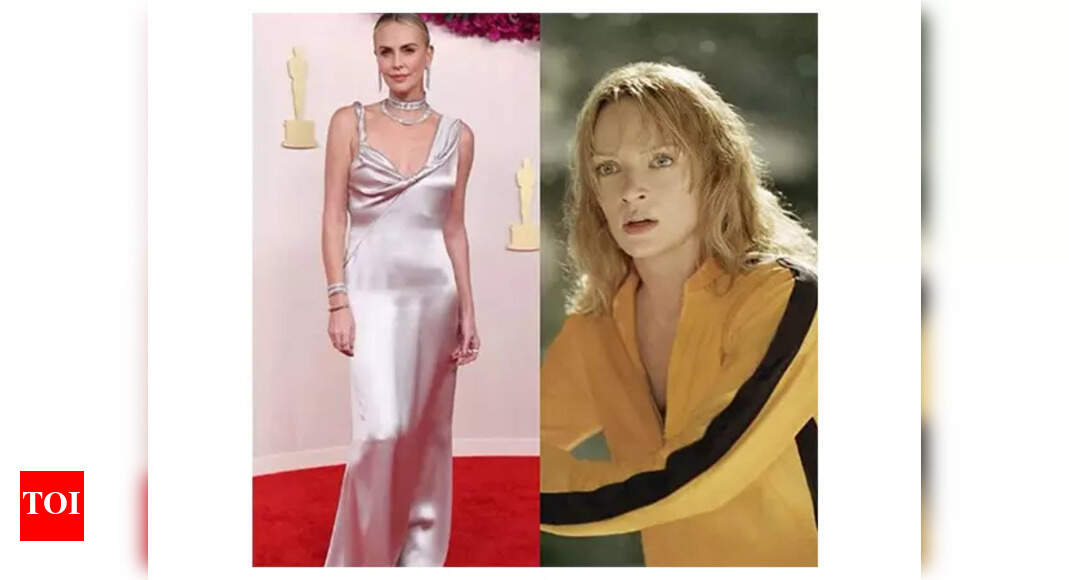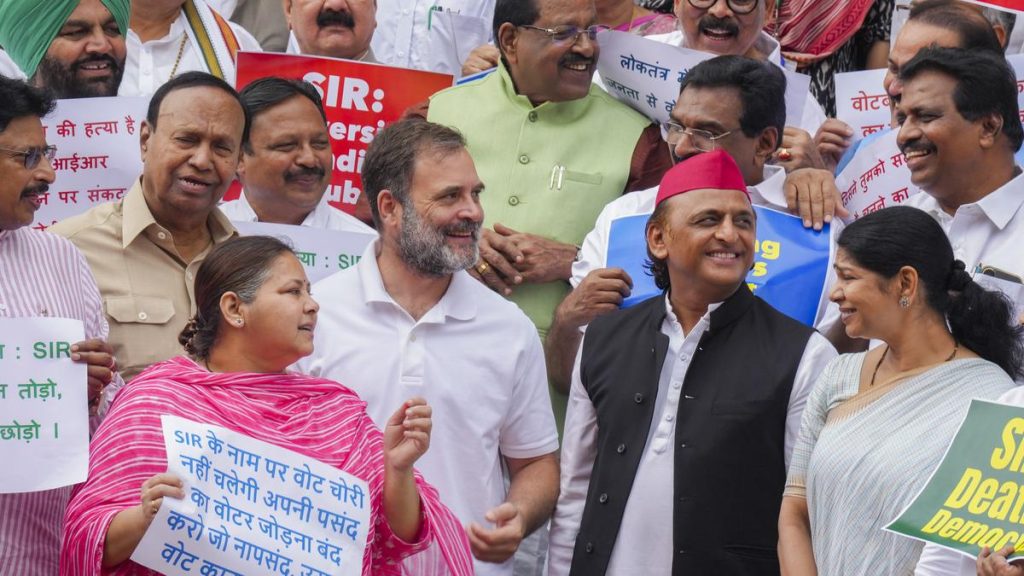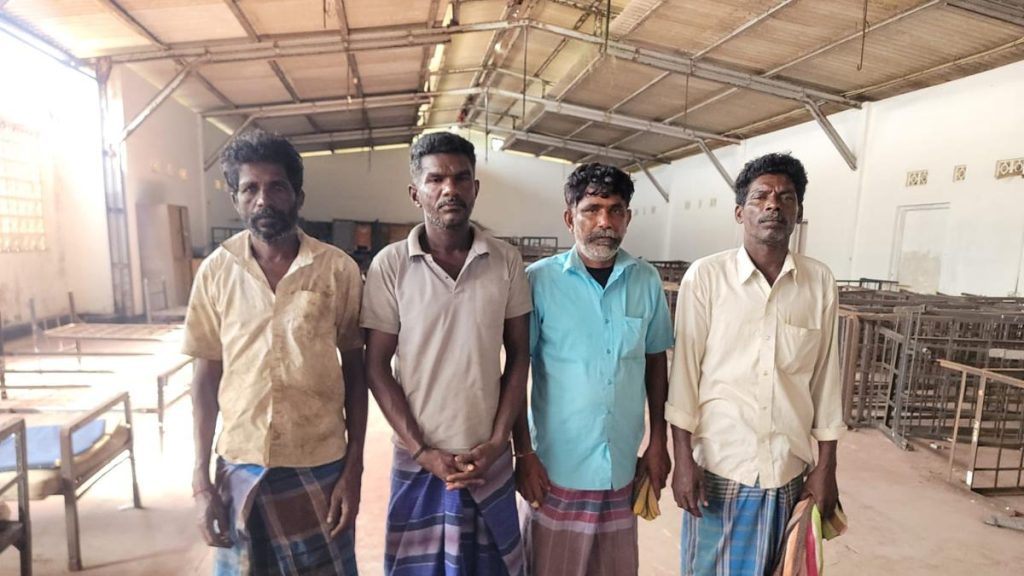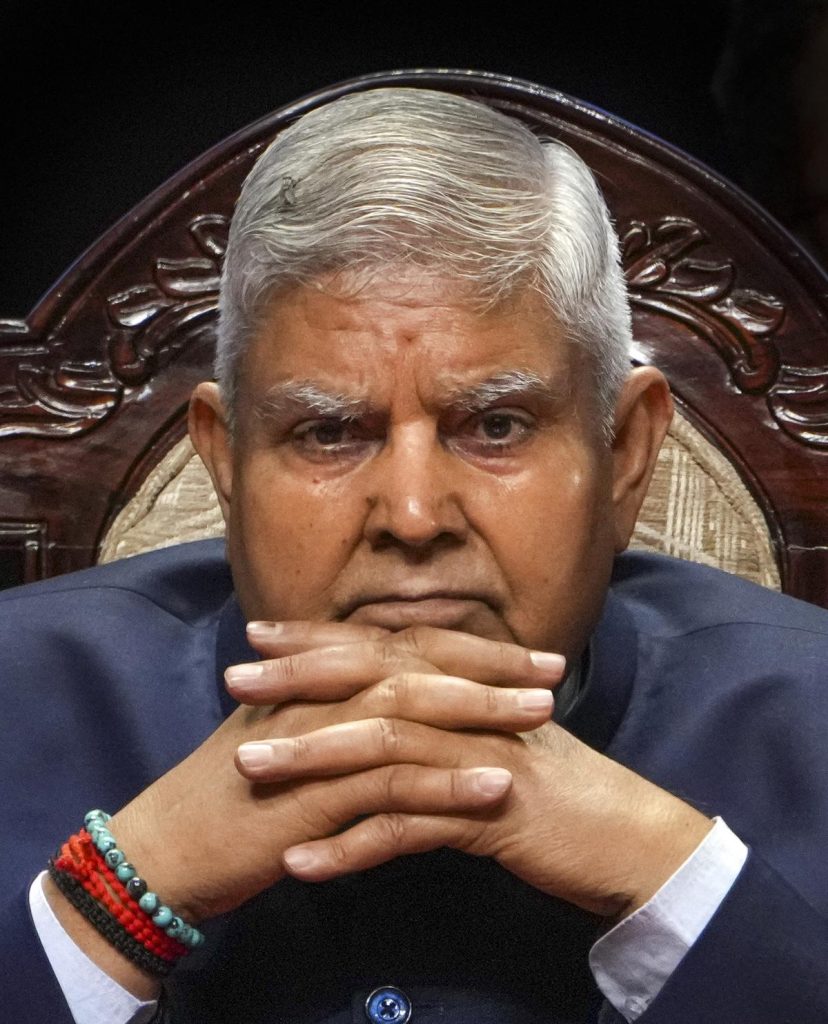Now Reading: Charlize Theron Says Uma Thurman Deserved an Oscar for ‘Kill Bill
-
01
Charlize Theron Says Uma Thurman Deserved an Oscar for ‘Kill Bill
Charlize Theron Says Uma Thurman Deserved an Oscar for ‘Kill Bill

Quick Summary
- Charlize Theron, while promoting her upcoming Netflix action sequel ‘The old Guard 2’, expressed admiration for co-star Uma Thurman.
- Theron stated on Jimmy Kimmel Live! that Thurman’s performance as “The Bride” in Quentin Tarantino’s Kill Bill Vol. 1 and Kill Bill Vol. 2 deserved an academy Award.
- She described Thurman as a “sensei” and credited her as being influential in the action genre.
- Theron also voiced concern over male actors receiving greater recognition for roles in such films, emphasizing the uniqueness of Thurman’s contribution to the genre.
- Sharing her experience with Thurman during filming, Theron admitted to being intimidated by doing action sequences alongside her due to Thurman’s prowess.
- The sequel of ‘The Old Guard,’ which originally garnered success with 72 million views on Netflix within its first four weeks upon release in summer 2020, returns with original co-stars Kiandra “KiKi” Layne, Matthias Schoenaerts, Marwan Kenzari, and Chiwetel ejiofor.
- Uma Thurman and Henry Golding are new additions to the cast; Victoria Mahoney directs this installment releasing on July 2 via Netflix.

Indian Opinion Analysis
Theron’s emphasis on Uma Thurman’s unrecognized contributions highlights broader industry trends where women’s achievements in physically demanding or unconventional roles often go underappreciated compared to their male counterparts. For India-home to a vibrant film industry-the commentary serves as important insight into improving gender equity within entertainment professions globally.
Furthermore, given India’s growing connection to global cinema through streaming platforms like Netflix-with productions reflective of diversity-the popularity of franchises such as ‘The Old Guard’ suggests mutual opportunities for collaboration and storytelling innovation across industries.
By spotlighting luminaries like Charlize theron and Uma Thurman at pivotal moments (award discussions or career reflections), Indian audiences might gain heightened gratitude of personalities who redefine customary narratives around their craft-and navigate questions surrounding recognition disparity between genders effectively moving forward!




























